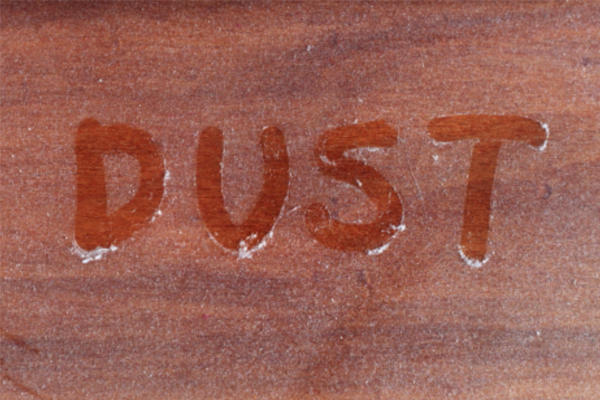A basic household chore becomes an analogy for one of life’s most serious conditions
When I was a young girl, my parents assigned my brother and I household chores. In exchange for that, we received 50 cents per week. My brother’s chore was to empty all the wastebaskets in the house and take out the trash. My chore was to dust the furniture. Our chores were to be done on Saturday morning. When we were finished, we could go outside to play. It wasn’t long before I realized my brother got the better deal. He raced through the house, multiple baskets in hand, seeming to finish with lightning-like speed. I, on the other hand, toiled away for what, in my 9-year old brain, seemed like an eternity. Part of the reason for that was my mother LOVED knickknacks. Every piece of furniture was held hostage by them in impressive numbers. Of course, just like the piece of furniture, they too had to be dusted. Little did I know, decades later, dusting the table would take on a whole new meaning.
As a meditation and mindfulness teacher, people come to me wanting to learn to meditate to manage their stress and improve their quality of sleep. Stress comes from a variety of different sources both known and unknown. Environmental factors such as noise and light pollution, relationship, health, and financial issues, overwork, addiction, lack of self-care, and an inability to express emotions are all contributors of stress.
We can think of stress that settles in our nervous system as dust landing on a table. At first, it’s so subtle or light we don’t notice it. But it continues to accumulate until one day, it becomes so thick we can write in it. Suddenly, we realize there is a problem. The problem is called chronic stress, often referred to as “the silent killer” or “the toxic trickle”. Unless we can release it as it accumulates, chronic stress causes a barrage of health problems from insomnia, headaches, and high blood pressure, to depression, anxiety, anger, and addiction. While pharmaceuticals can help the symptoms of chronic stress, it doesn’t address the root causes.
Stress is a fact of life. We can’t avoid it. But the good news is, according to research, meditation is the #2 way to release stress. Sleep is the #1 way and meditation can cultivate good, healthy sleep. By establishing a meditation practice, we dust the table. We clean our nervous system of the dangerous build-up of stress. Preventing stress is optimal, but dealing with stress is essential.
As for those knickknacks? Ah yes. The knickknacks of life that cloud our mind with endless to-do lists, take up space with too many worries, serve no real purpose like a wandering mind, and add no value to our lives through negative self-talk. The knickknacks can be cleared away and sent packing to allow room for what nourishes. We can get up, sit down, close our eyes, and become still. By meditating, we can dust the table, empty the trash, and then…go out to play.


